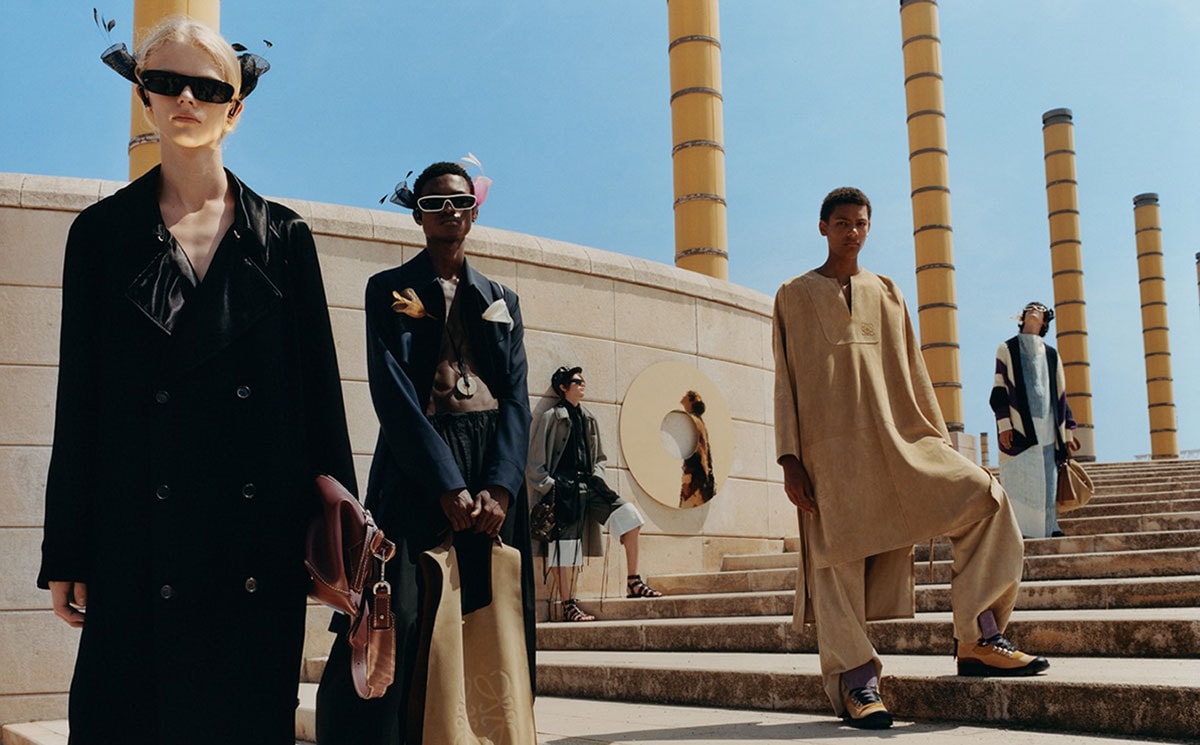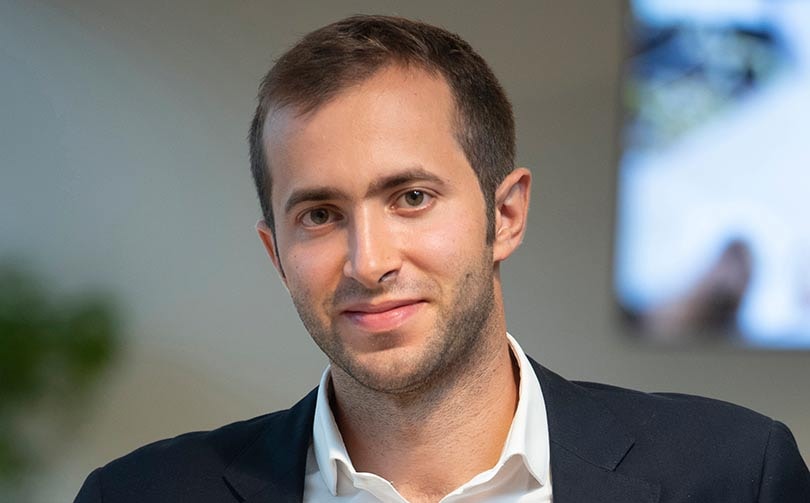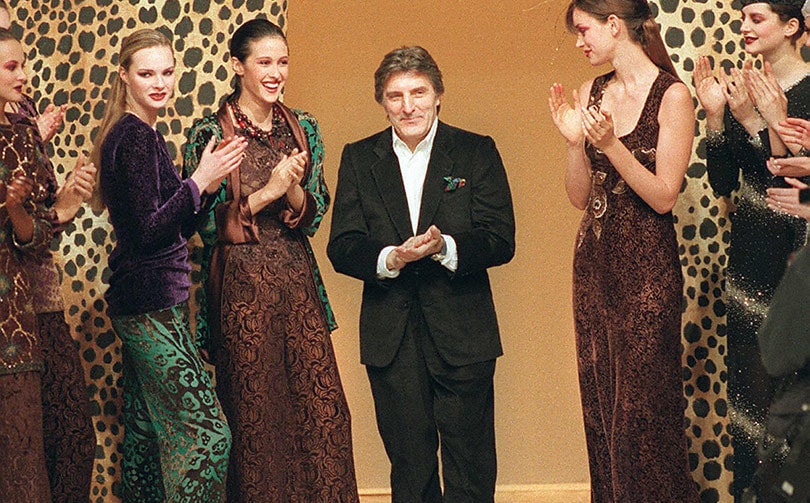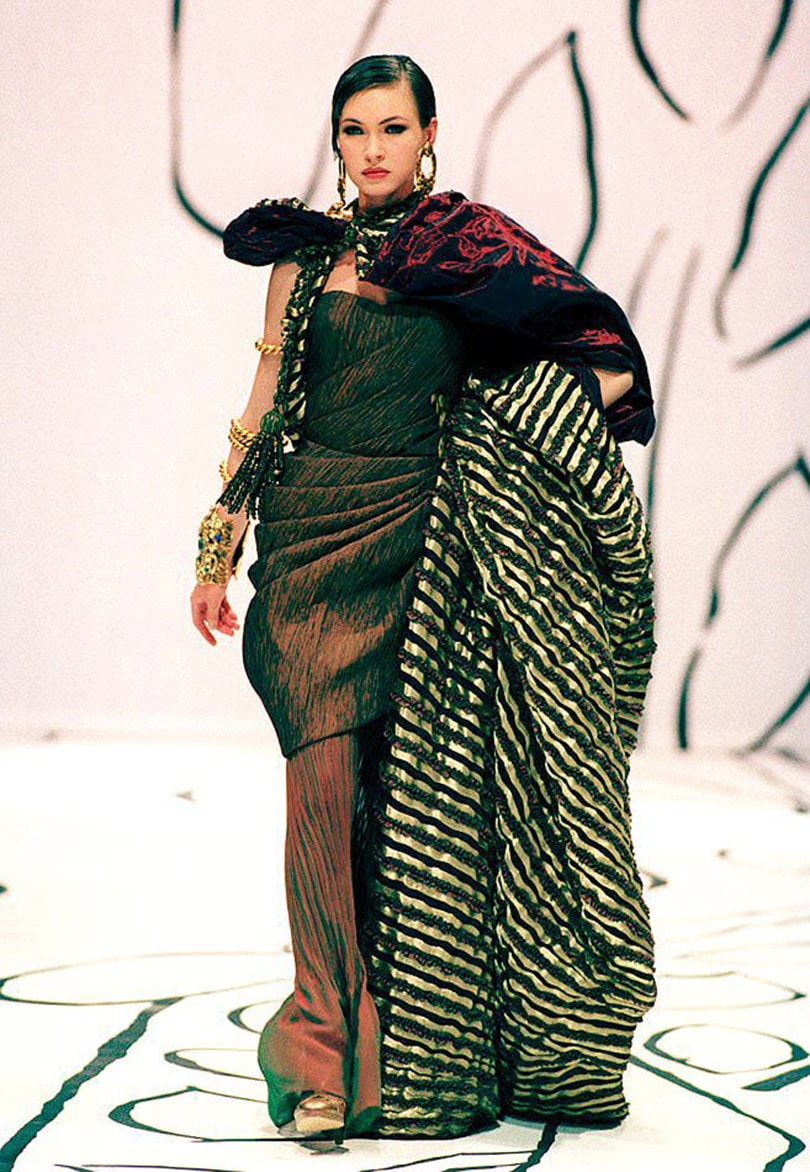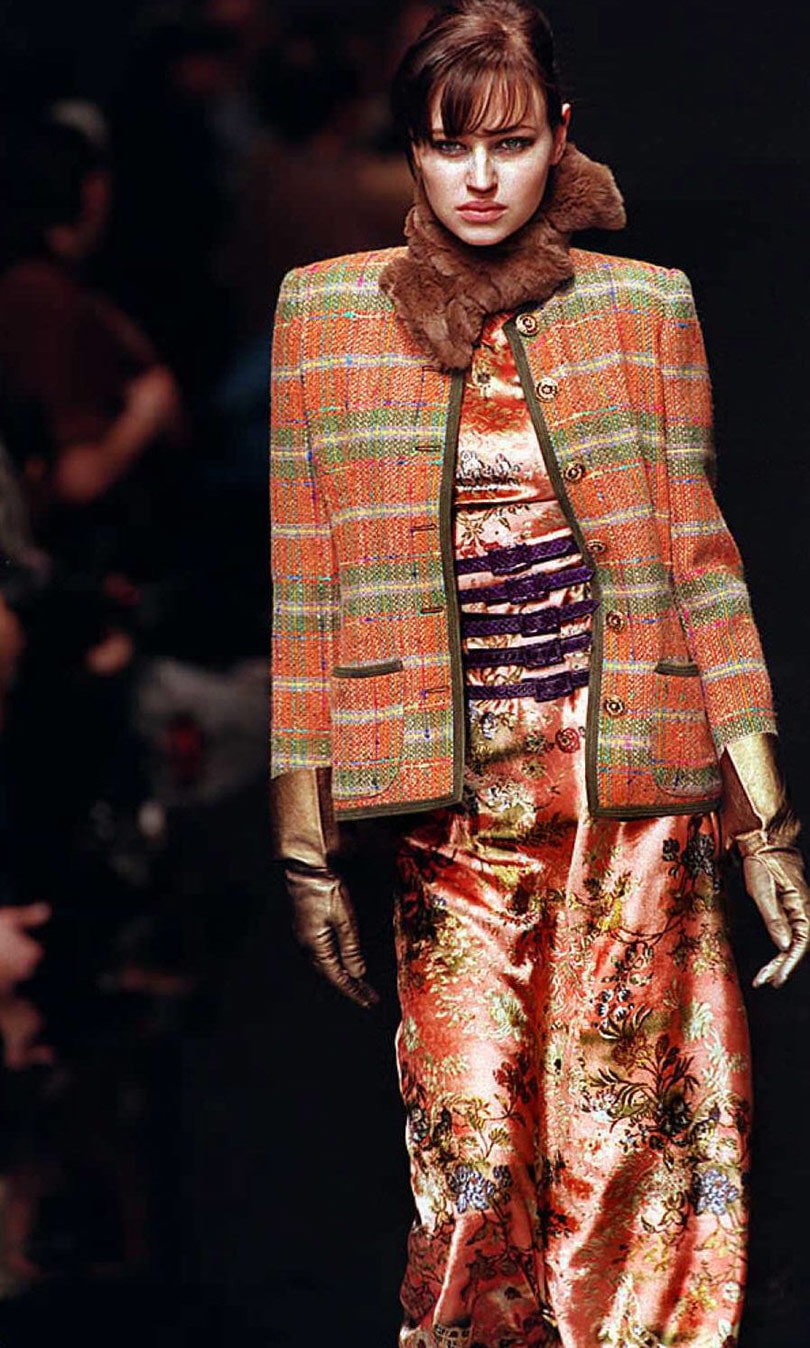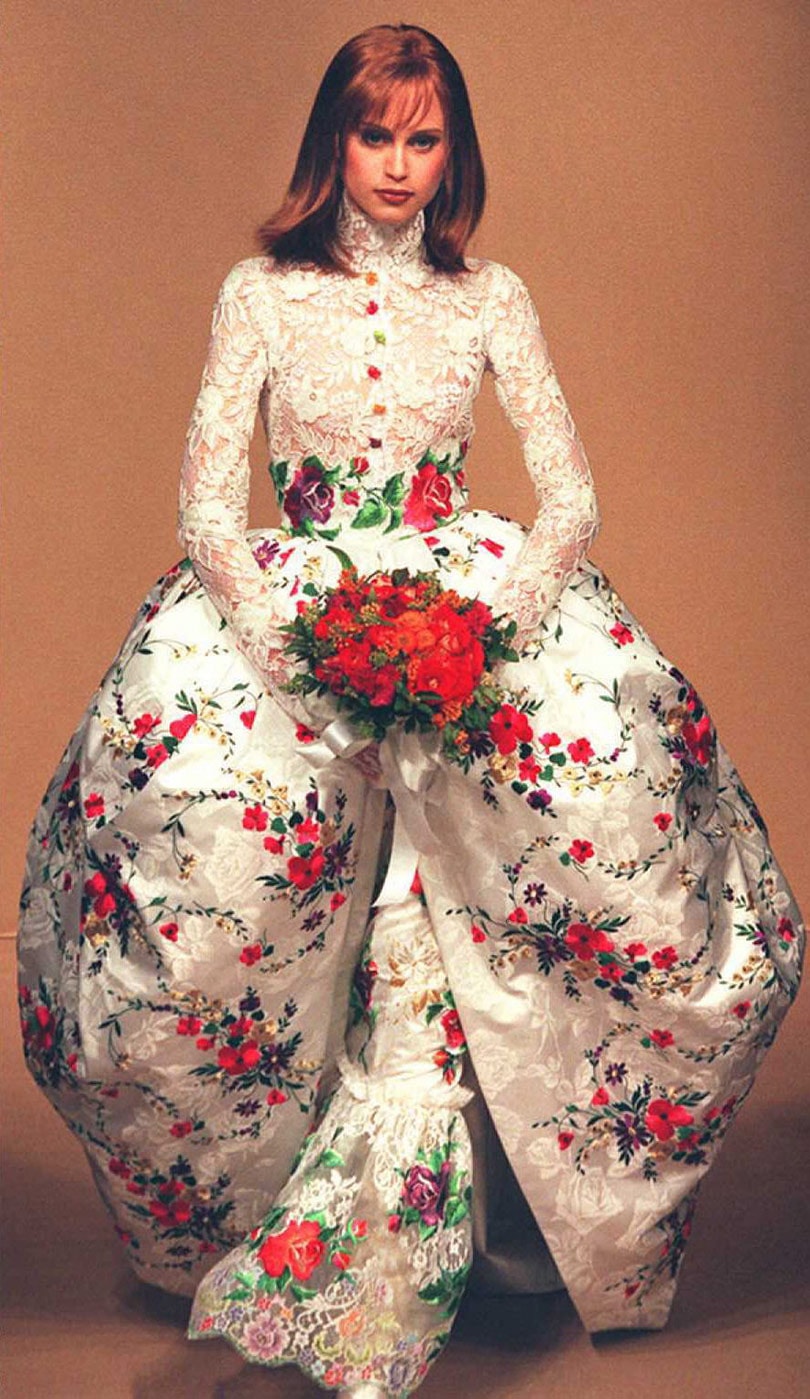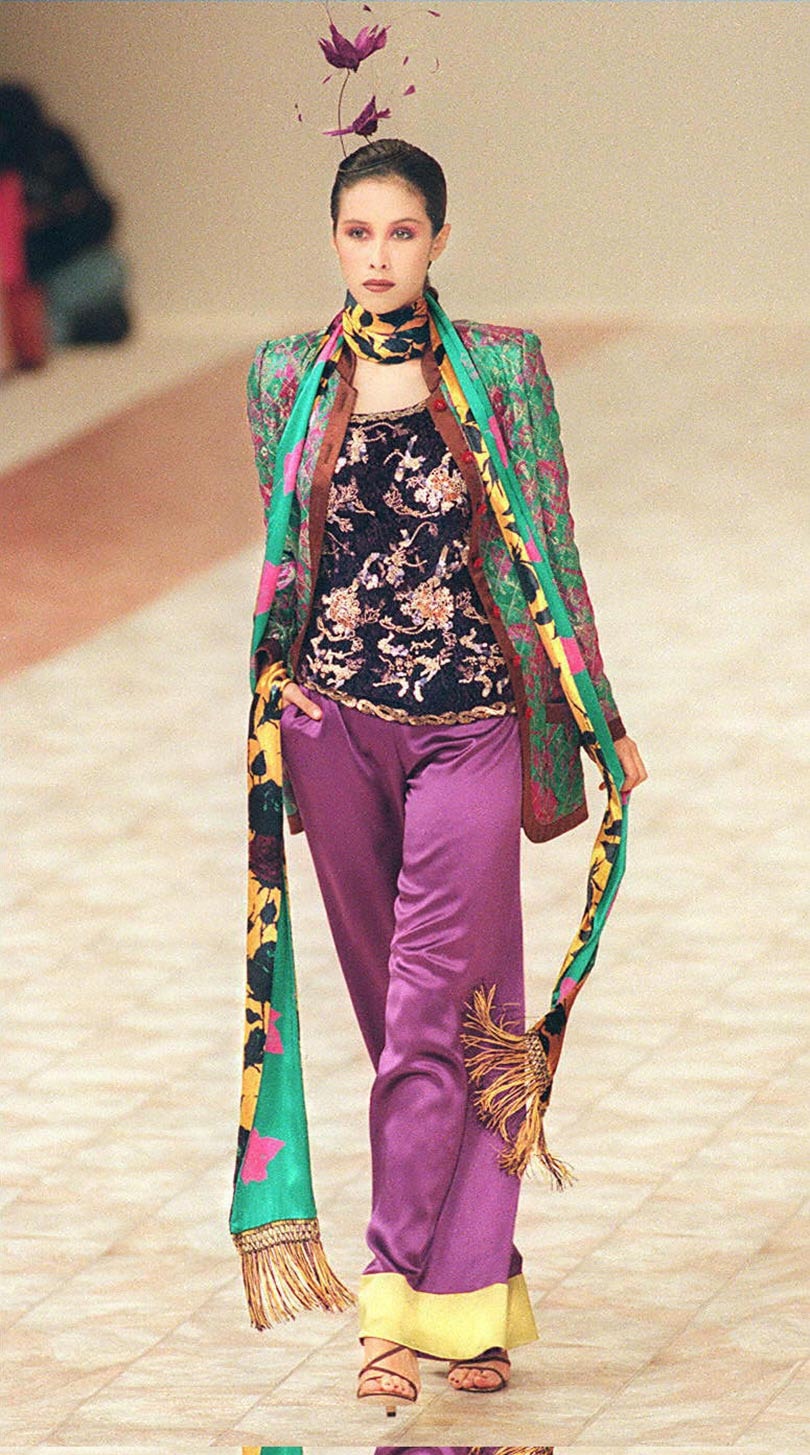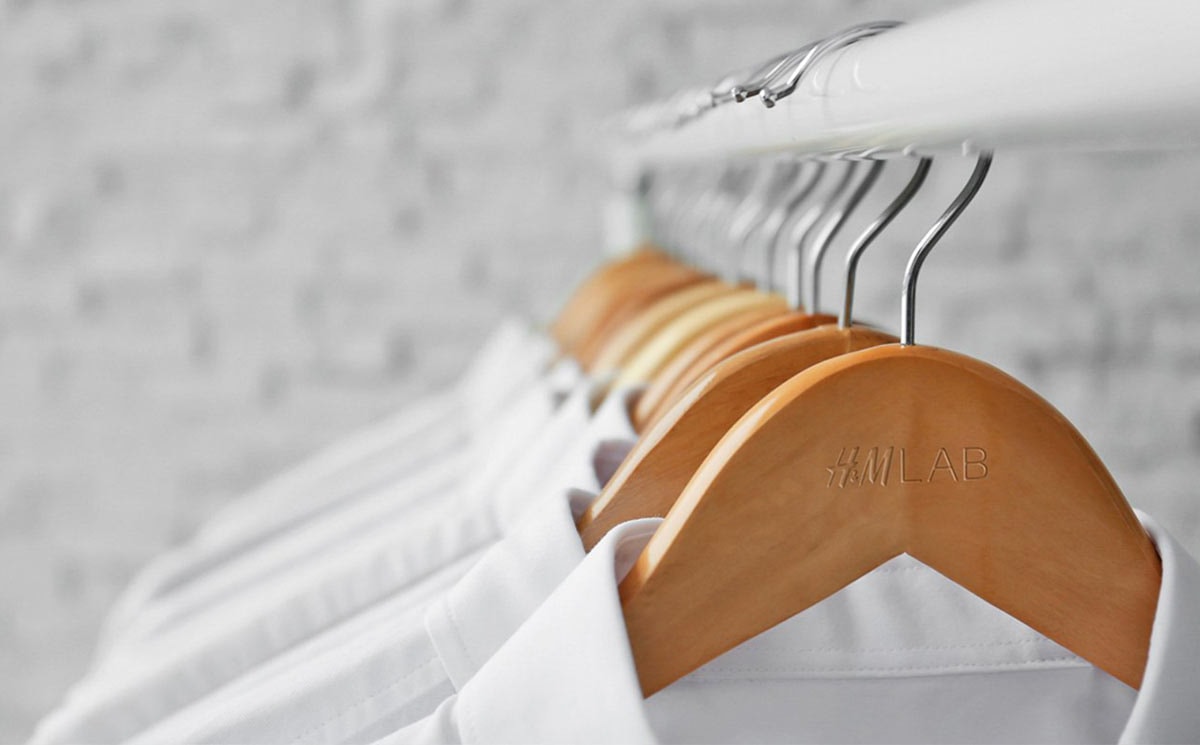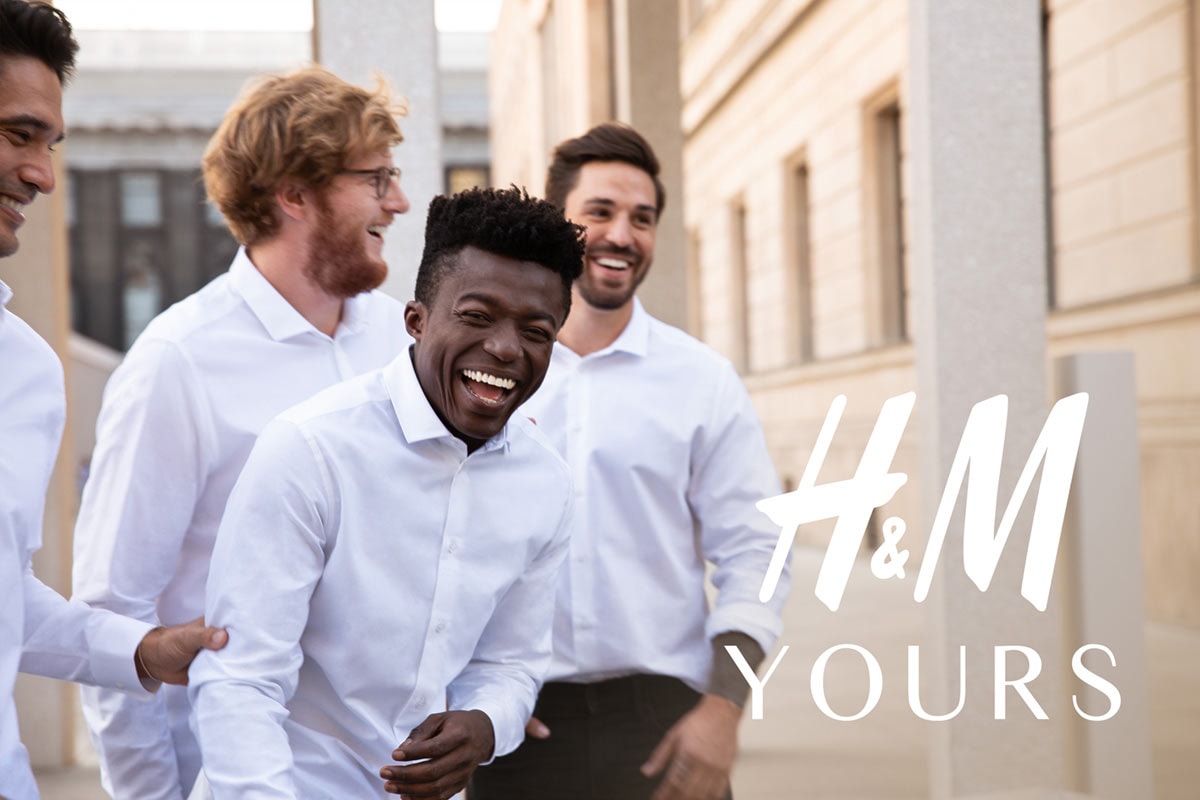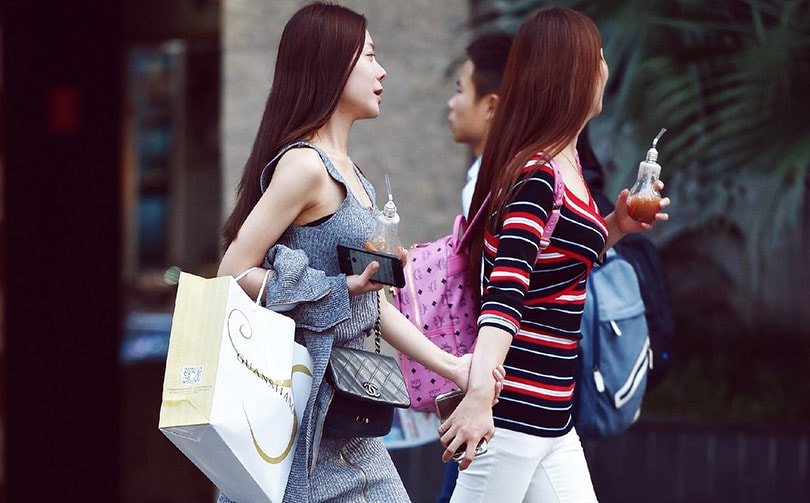
"Made in China" may still evoke more off the
rack than catwalk, but Chinese designers are slowly installing themselves in
Paris, the fashion capital, as a part of an upscale march towards the
lucrative luxury market, a segment that is increasingly made up of Chinese
shoppers.
As Paris gears up for its next run of shows early in the new year, it is
clear that Chinese designers have made it into the rarefied world of fashion.
Think Guo Pei, the Chinese-born and trained couturier best known for the
massive canary-yellow coronation cape worn by Rihanna that stole the show at
the New York Met's 2015 gala.
Guo, who has a Paris boutique, will present her haute culture collection.
Several other Chinese designers, such as Uma Wang, Masha Ma, Yang Li, Jarel
Zhang, Dawei and Shangguan Zhe, will show their collections at the
ready-to-wear shows in February.
"We're starting to see fashion coming from China aimed at the entire world
and which is creating new ideas about the country -- a new 'Made in China' of
quality and refinement," said Isabelle Capron, head of Chinese fashion group
Icicle's Paris office.
Paris a 'springboard'
Founded in Shanghai in 1997, Icicle has 270 shops in China and generates
250 million euros (275 million US dollars) in annual sales.
Under the label's back-to-nature ethos, it favours natural fabrics like
cashmere, silk, cotton, wool and linen. It uses natural dyes made from onions,
walnut bark, woad and tea to colour the clothes it makes in the three
factories that it owns in China.
The Chinese firm opened its first international store in September in Paris
in the heart of the city's "Golden Triangle" of luxury boutiques.
"It's a springboard for our internationalisation," Capron said.
"Paris is the capital of fashion, and the goal is to give our brand
visibility," she added.
Even though many Western brands are produced in China, European consumers
still view clothes tagged "Made in China" as being of mediocre quality.
"Stereotypes are very tenacious: seven years ago when I said I was joining
a Chinese group, some people looked at me and it was clear that 'the Chinese
have no taste' and 'the Chinese are poor-quality manufacturers' were running
through their heads," Capron said.
"But today, there has been a real swing, this new wave of Chinese brands is
a tidal wave."
'Quality more important'
Designer Shangguan Zhe, founder of the Sankuanz label based in the Chinese
port city of Xiamen, made his international debut in London in 2015.
Now a regular at the Paris men's ready-to-wear shows, Shangguan said he has
not encountered stereotypes or challenges based on his nationality from fellow
designers.
"People from outside the industry are more likely to have these
stereotypes," he told AFP in China.
"People from within the industry are fully aware of the level China's
manufacturing is at," he said, adding: "The quality is actually getting better
and better."
Speaking to AFP from China, he said: "Paris is a very international stage.
People don't really care where you came from... The product itself is more
important."
'Neo-Chinese chic'
Shiatzy Chen, a fashion house founded in 1978 in Taiwan, produces its
clothes in Shanghai and Taipei. It has staged shows in Paris for a decade and
has a boutique in one of Paris's most exclusive streets.
Why Paris?
"Paris is the centre of Western fashion and the birthplace of the couture.
A design studio in Paris, the heart of couture, helps us to explore complex
Western construction techniques as well as stay on top the latest trends,"
Wang Chen Tsai-Hsia, who founded the fashion house and who has been dubbed the
Coco Chanel of Taiwan, told AFP.
The label, which set itself a mission to create "neo-Chinese chic" through
a fusion of East and West, has 70 boutiques throughout Asia. The collections
marry traditional techniques with contemporary cuts.
"To be attractive, including for Chinese clients, a Chinese label cannot
limit itself to boutiques at home, it must also be present in Paris, which
fascinates" the Chinese, said luxury goods expert Eric Briones, noting that
China today represents some 35 percent of the global luxury goods market.
This "rise of a new 'Made in China' is just the start of a revolution,
initiated by a young generation that wants to consume Chinese," said Briones,
who co-founded the Paris School of Luxury.
"It is a return to favour for local brands which began with streetwear and
is now spreading to luxury clothes," he added.(AFP)
* This article was originally published here
